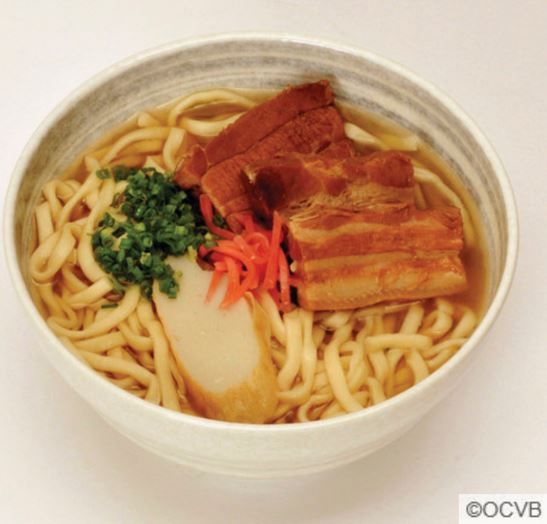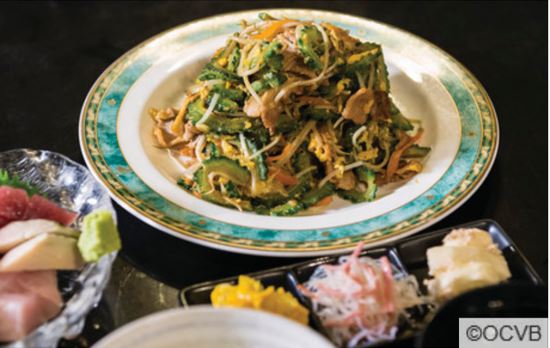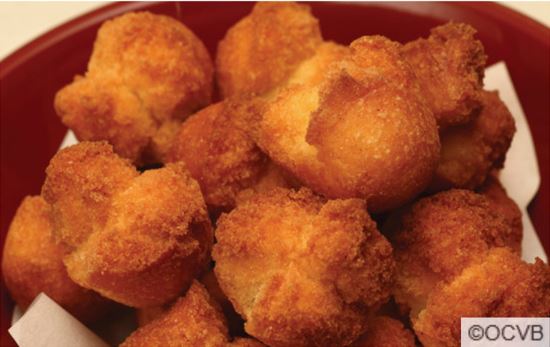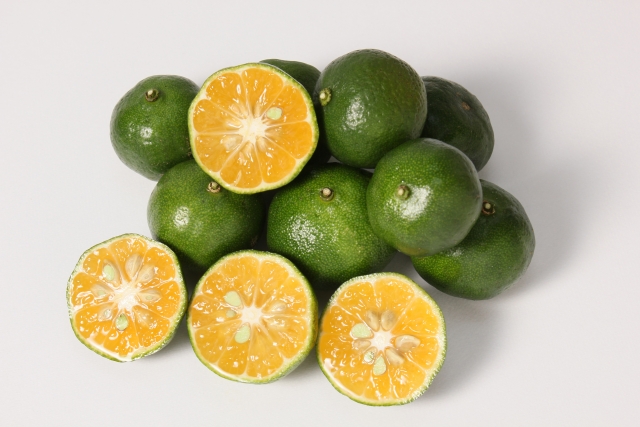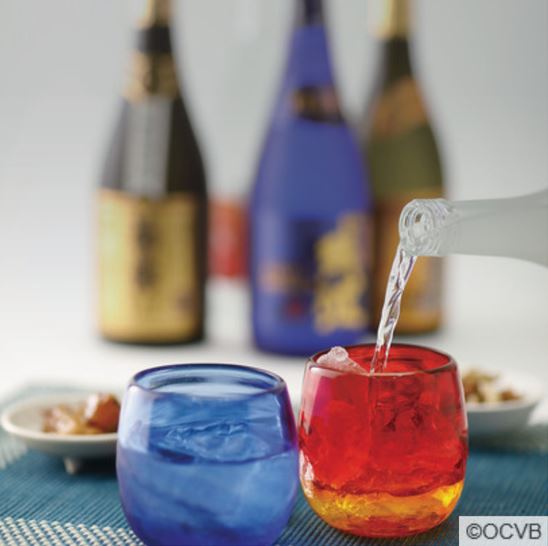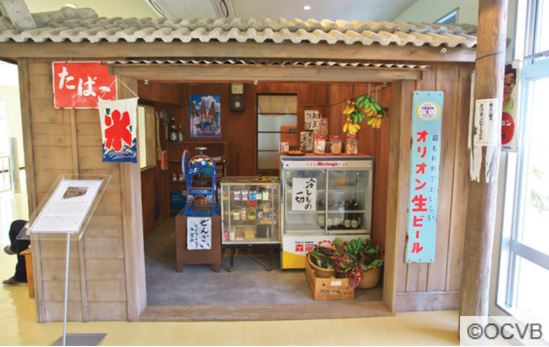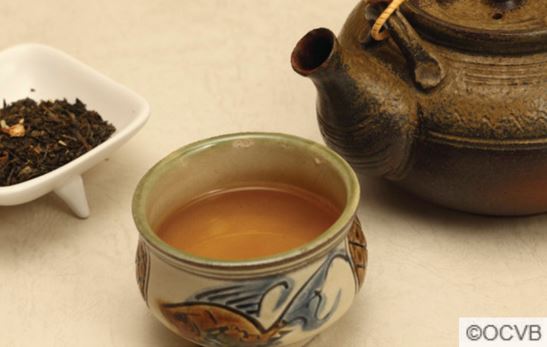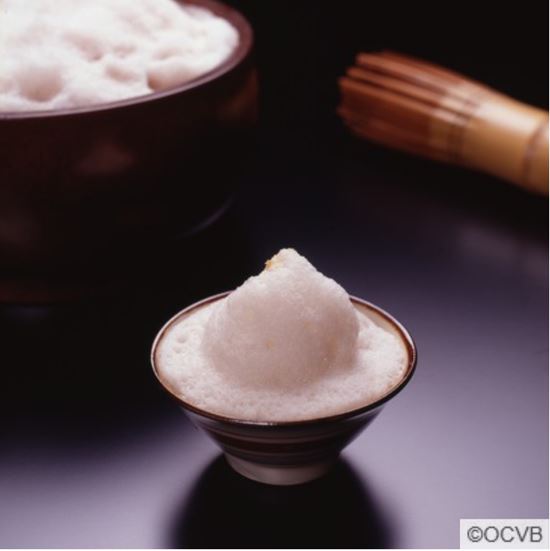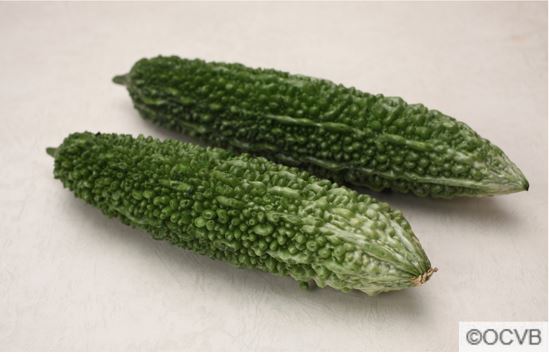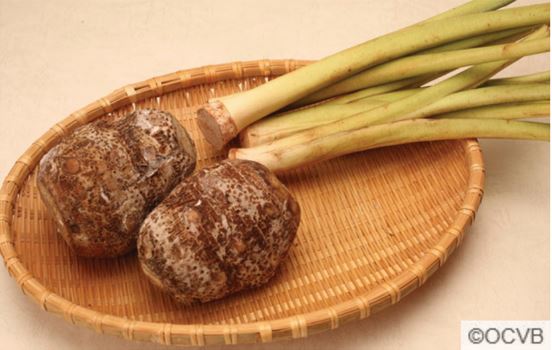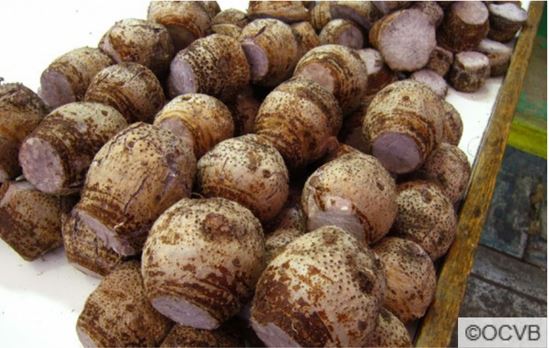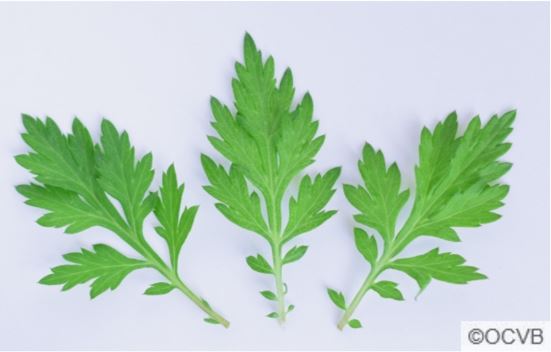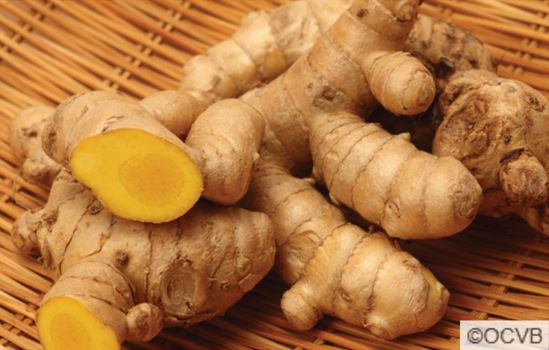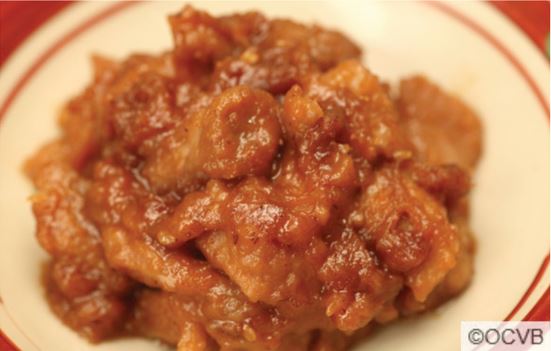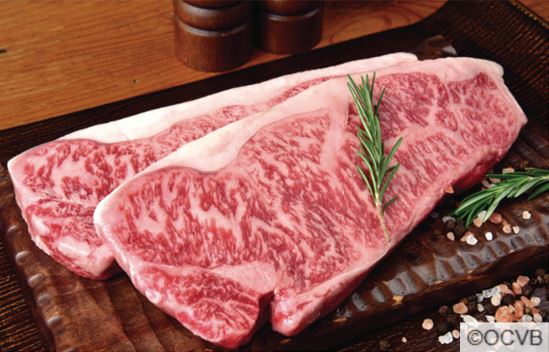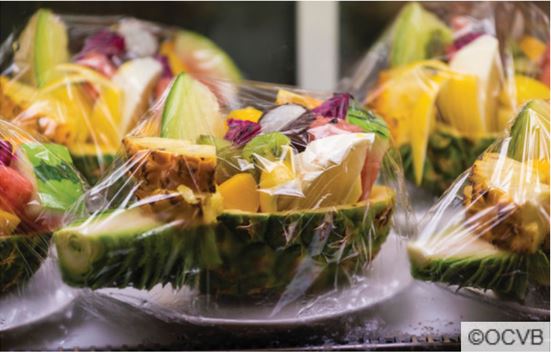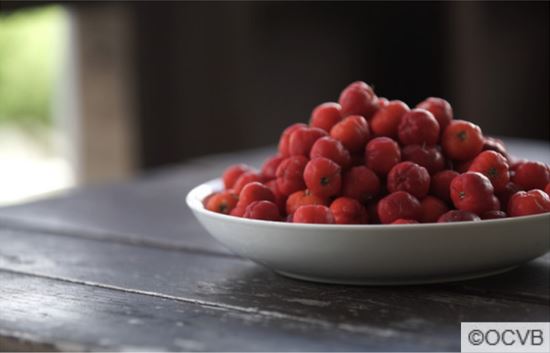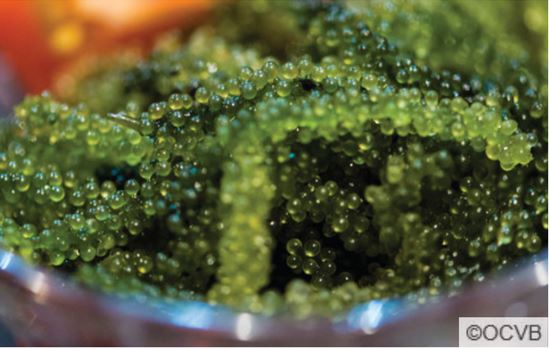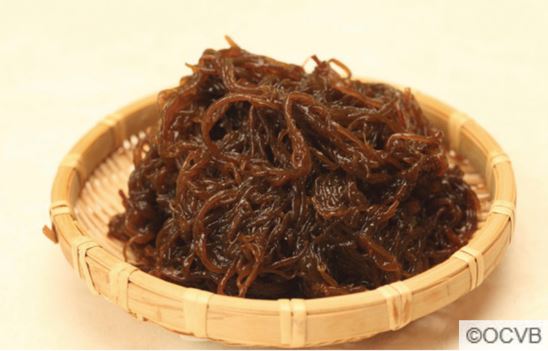Local Specialities: Diet and Longevity in Okinawa
Food Culture in Okinawa
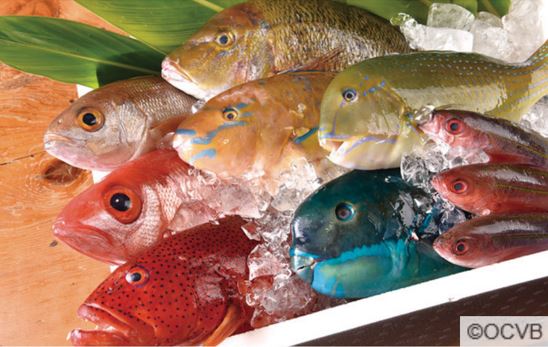
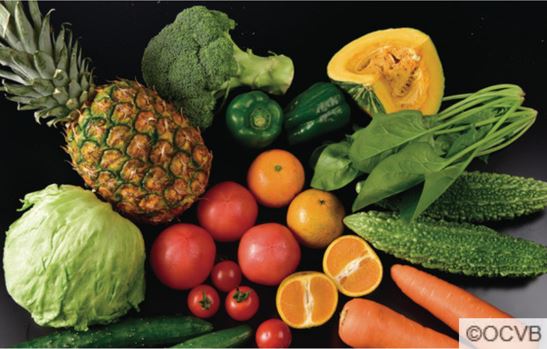
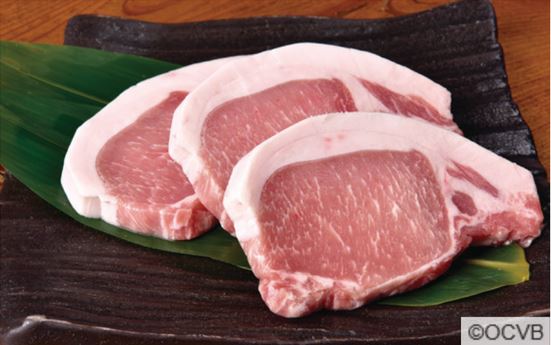
The Ryukyu Kingdom often entertained envoys and delgates from China, South East Asia and Mainland Japan. Exquisite cuisine incorporating the ingredients and cooking techniques of this mix of nations was subsequently created, as many exotic food ingreients from all over Asia made their way into Okinawa, further enriching its food culture. Meanwhile, common Okinawans made do with whatever the land offered. They sustained on a simple diet consisting predominently of land and sea vegetables. Today, the Okinawan diet is considered one of the healthiest and tastiest in the world. Visiting a local market is an adventure, where you can find a wide variety of colourful vegetables, seafood, sea vegetables, and meat, any time of the year.
Flavours of Okinawa
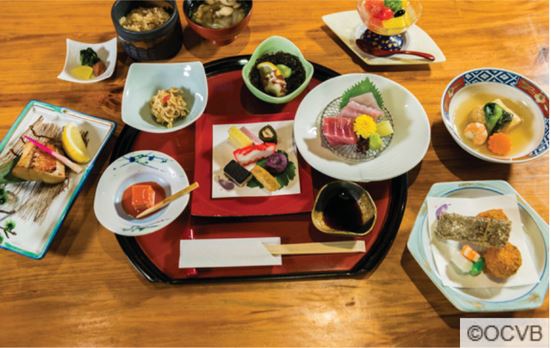
There are many unique and interesting dishes to try in Okinawa - these are just a sample of what to look out for and try!
Blue Zone Okinawa: The Secret of Longevity
In the rural north of Okinawa’s main island, there’s a small stone marker with a note in Japanese.
Roughly translated, it reads:
“At 80, you are merely a youth. At 90, if your ancestors invite you into heaven, ask them to wait until you are 100—then, you might consider it.”
Once called the land of immortals, Okinawa has historically been known for the health and longevity of its people. Known worldwide as a Blue Zone; an area where people live exceptionally long lives, Okinawan women have been recorded as living longer than any other women on the planet and its population as a whole record less cancer, heart disease and dementia than other nationalities. This may be attributed to the area's subtropical climate; which is warm year-round and easy in which to love and work. Additonally, its beautiful ocean and rich nature surrounds bless teh Okinawans with the benefit of a more laid back, less urbanised lifestyle. At the forefront though, it is the Okinawan people’s healthy eating habits and mindsets that are said to contribute significantly to the secrets of their longevity.
There are nine secrets that Okinawan's follow for a life of happiness and longevity;
1. Embrace Ikigai: Older Okinawans can readily articulate the reason they get up in the morning. Their purposeful lives give them clear roles of responsibility and feelings of being needed well into their 100s.
2. Rely on a plant based diet: Older Okinawans have eaten a plant-based diet most of their lives. Their meals of stir-fried vegetables, sweet potatoes, and tofu are high in nutrients and low in calories.
3. Get Gardening: Almost all Okinawan centenarians grow or once grew a garden. It’s a source of daily physical activity that exercises the body with a wide range of motion and helps reduce stress. It’s also a near-constant source of fresh vegetables.
4. Eat more soy: The Okinawan diet is rich in foods made with soy, like tofu and miso soup. Flavonoids in tofu may help protect the hearts and guard against breast cancer. Fermented soy foods contribute to a healthy intestinal ecology and offer even better nutritional benefits.
5. Maintain a moai (A group of lifelong friends): The Okinawan tradition of forming a moai provides secure social networks. These safety nets lend financial and emotional support in times of need and give all of their members the stress-shedding security of knowing that there is always someone there for them.
6. Enjoy the sunshine: Vitamin D, produced by the body when it’s exposed on a regular basis to sunlight, promotes stronger bones and healthier bodies. Spending time outside each day allows even senior Okinawans to have optimal vitamin D levels year-round.
7. Stay active: Older Okinawans are active walkers and gardeners. The Okinawan household has very little furniture; residents take meals and relax sitting on tatami mats on the floor. The fact that old people get up and down off the floor several dozen times daily builds lower body strength and balance, which help protect against dangerous falls.
8. Plant a medicinal garden: Mugwort, ginger, and turmeric are all staples of an Okinawan garden, and all have proven medicinal qualities. By consuming these every day, Okinawans may be protecting themselves against illness.
9. Have an attitude: A hardship-tempered attitude has endowed Okinawans with an affable smugness. They’re able to let difficult early years remain in the past while they enjoy today’s simple pleasures. They’ve learned to be likable and to keep younger people in their company well into their old age.
Okinawan Fresh Produce: Supporting a Healthy Life
For the Okinawan people, a healthy diet is believed to have the same effects as traditional medicines. The idea of a cause and effect (food and medicine) is alive in the diet of ordinary people. One of the major characteristics of Okinawan cuisine is that it mixes nutritional and complementary ingredients to create simple and balanced dishes. Superfoods that have a good nutritional balance and are especially rich in some kind of nutrition and health ingredient are common in the Okinawan diet. Blessed by the sea and the sun, the area produces many superfood ingredients that contribute to the longevity of the island's people.

